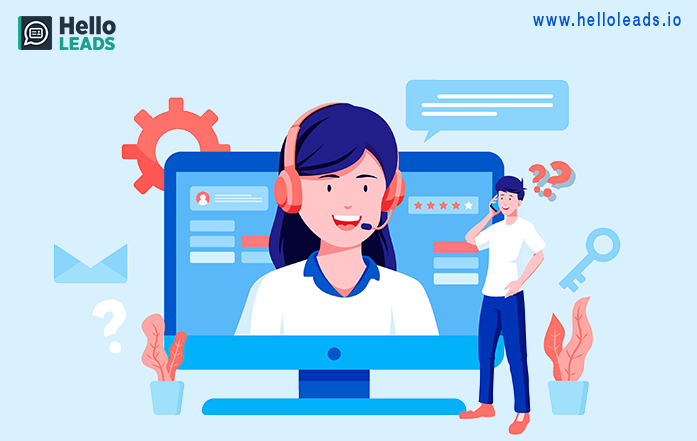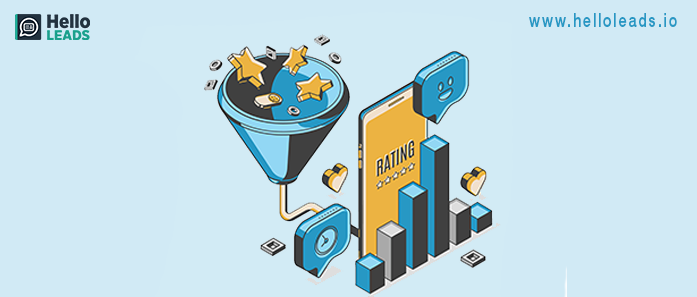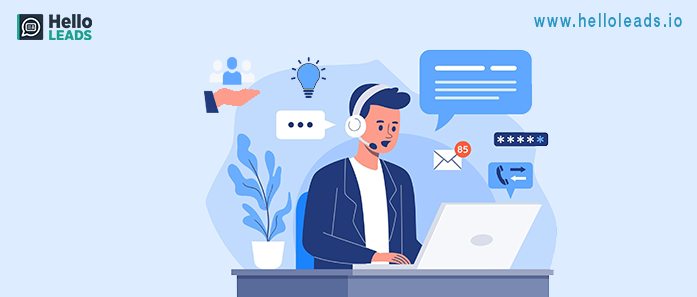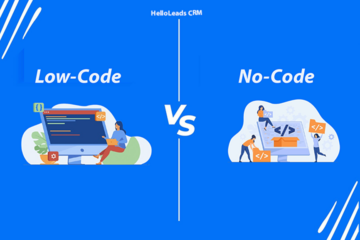
Events are a marvelous way to mingle with others, learn, and possibly even the beginnings of life-altering revelations. They are a splendid way for businesses to interact with the general public. They are wonderful sources of lead generation.
Recently, I attended an Educators’ meet-up on the virtual setting (all thanks to lockdown). This event was organized by a well-known publishing company. My overall attendee experience was well planned and had a wonderful closure, all credits to well-planned feedback and follow-up mechanism. This experience has me and most of the attendees, recommending them to all my people, both in my physical and virtual world. This is the power of strategizing and having sound feedback and a follow-up plan. What good is an event if the connection with the end party is severed as soon as the event gets completed? Feedback and follow-up after an event are the essential thread that tethers the attendees to the organizer.
What is feedback?
Feedback can be defined as the transmission of evaluative or corrective information about an action, event, or process based on real-time experience. Feedback from the participants greatly helps the organizers to take corrective measures and necessary improvements for future events. Feedback acts not only as a participation statistic parameter but also as an opportunity to bind the attendee to the organizer. It truly is the nucleus around which our future event strategy hinges.
Let us understand the role played by feedback in an event

Making crucial judgments will require the utilization of feedback, which is important information. Top-performing businesses succeed because they never stop looking for ways to improve what they already do well. These businesses are not just adept at receiving criticism, but also purposefully solicit it.
Speeds up our growth
Feedback allows us to understand if the goals of conducting the event are met. It enables us to see what went right and wrong from the perspective of the visitor. Attendee feedback provides a summary of attendees’ opinions about the event. This aids in determining what needs to be improved upon or what should be valued. A good CRM tool enables us to record this feedback, look at targets set, check for deviation, and suggest corrections accordingly.
Creates lasting trust
The audience will feel valued if we solicit their opinions. And when they comply with our request out of regard for us, a stronger bond of trust and respect develops between us and our guests. This kind of reliable connection encourages an attendee to return regularly to our other events or concerts and opens up avenues to cross-sell or up-sell.
Encourages CREATIVITY
We can learn about the other side of the fence by asking our visitors for their ideas and general feedback. These viewpoints can assist us in breaking out of our current event management routine and attempting something fresh and original. Breaking down obstacles to open communication makes it simpler to receive insights that encourage creativity.
Engineering ‘Aha’ customer experiences
People connect over commonalities, and they develop through differences. It’s only possible to discover new things if we question what’s been spoken and is already true. The conflict of ideas frequently creates circumstances in which the answers appear to be “Eureka!” moments. This also is a step forward in creating a series of ‘Aha’ moments that enrich our customer experiences.
What is Follow Up?
Follow up are items to be done repeatedly or people that need to be contacted repeatedly until the purpose of why the follow-up was initiated is met. In events, the touch point for the end user is time-bound and hence we need to nurture the customer experience through regular follow-ups. Proper lead management with the attendee data will lead to prompt follow-ups.
A prompt follow-up can result in agreements being closed and new relationships being formed that might not have been pursued otherwise. But as the ancient marketing saying goes “Fortune Lies in Follow-Up”. The event planners must gather the results of the pre-and post-event surveys, speak with people involved in the event planning process, and prepare their reports for the follow-up meetings. This feedback serves as both the impetus for future event improvement and a means of keeping the audience engaged.
Importance of follow up

1) Gather Data
Event planners must gather fresh information from attendees, vendors, and their staff while it’s still fresh in their thoughts to learning about numerous ways they may further improve their events. Follow-up meetings provide us with that chance. The event personnel can provide comments on what went well, what was missing, what went wrong, whether or not we met our goals and suggestions for improving ROI.
2) Event Planning Innovation
The events business is highly competitive and constantly evolving. The majority of elite event professionals strive to constantly improve their events. Along with calling attention to the event’s mistakes, it’s equally crucial to concentrate on finding fresh approaches to enhance customer and guest experiences.
3) Rinse & Repeat
We frequently overlook the enormous amount of effort that goes into organizing wonderful events. Recognizing work can greatly boost the team’s motivation for the upcoming event, and it doesn’t have to be a big celebration
4) Increasing Customer Value
It is no secret that individuals lead busy lives and occasionally forget to complete all the tasks they need or wish to complete. Perhaps all it takes to encourage a sale is to send a brief email to your customers reminding them that your company is still in operation. By integrating all the data about the customer, and integrating them under a single Sales CRM platform, this is accomplished effectively.
Making contact with customers thereafter might help them feel valued and special. One method to accomplish this is to give them a unique customer appreciation discount. Email marketing can once more be used for this. Consider adding a new twist by mailing your consumer a real card.
Share this blog :










